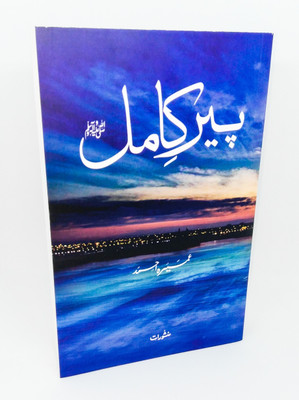
Get notified when this item comes back in stock.
Adaptation of the Jarawa to Andaman Islands (English, Hardcover, Kumar Umesh)
Share
Adaptation of the Jarawa to Andaman Islands (English, Hardcover, Kumar Umesh)
Be the first to Review this product
₹1,189
₹1,350
11% off
Sold Out
This item is currently out of stock
Highlights
- Language: English
- Binding: Hardcover
- Publisher: Manohar Publishers and Distributors
- Genre: History
- ISBN: 9789394262300
- Edition: 2023
- Pages: 244
Seller
Description
Hunting and gathering constitute the oldest human mode of subsistence and the only one for which there is an uninterrupted record from the human origins to the present. Today, there are a handful of hunter-gatherers who subsist exclusively through the hunting of wild animals, fishing, and gathering of wild plants. The Jarawa of the Andaman Islands are one among them. Within the spectrum of foraging societies, the Jarawa be-long to the category of 'immediate return' foragers, as they tend to consume most of the food resources immediately. The present study provides a detailed account of the foraging and adaptive strategies of the Jarawa. The interaction of the Jarawa with the outside world is one of multifaceted inequality which places them in an extremely weak position against the outsiders. The hunting-gathering societies appear extremely vulnerable in the event of a direct or indirect threat from various forces, particu-larly encroachment of their territories by 'others', invasion of modern-ization, etc., as an aftermath of contact with the outsiders.
Read More
Specifications
Book Details
| Imprint |
|
| Publication Year |
|
Contributors
| Author Info |
|
Dimensions
| Width |
|
| Height |
|
| Length |
|
Have doubts regarding this product?
Safe and Secure Payments.Easy returns.100% Authentic products.
Back to top




